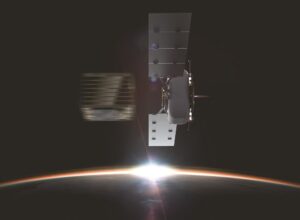13. Had the vote failed, the SPAC would have been liquidated, with stockholders receiving $10.03 per share.
In a statement, Brian Kabot, chairman and chief executive of Stable Road, thanked shareholders for their “overwhelming support” in favor of the extension, noting that 98.2% of shares that participated in the vote approved the extension. However, because of shareholders who chose not to vote, the total fraction of shares voting in favor of the extension was 66.2%, just above the 65% threshold required for passage.
Stable Road made a full-court press in the last two weeks to win approval for the extension, including news releases and a one-hour webinar. It argued that it needed the extra time to complete the deal, and that it was not uncommon for SPACs to see three- and six-month extensions to close deals.
A SPAC typically has a two-year period from the time it raises money by going public to merge with a privately held company. Stable Road had only an 18-month deadline for completing a deal, Kabot noted earlier this month.
While Stable Road now has three more months to complete a merger with Momentus, it still faces several obstacles for doing so. Momentus announced May 11 that the Federal Aviation Administration denied its payload review application, which the company sought in order to fly its first two tugs as part of a SpaceX rideshare launch in June. The FAA informed Momentus that an interagency review concluded “the launch of Momentus’ payload poses national security concerns” because of the company’s foreign ownership.
The company has spent months addressing those foreign ownership concerns, raised early this year by the Defense Department. Mikhail Kokorich, the Russian co-founder of the company, stepped down in January, and in March he and Brainyspace LLC, a firm owned by co-founder Lev Khasis and his wife, agreed to divest their shares within three years.



